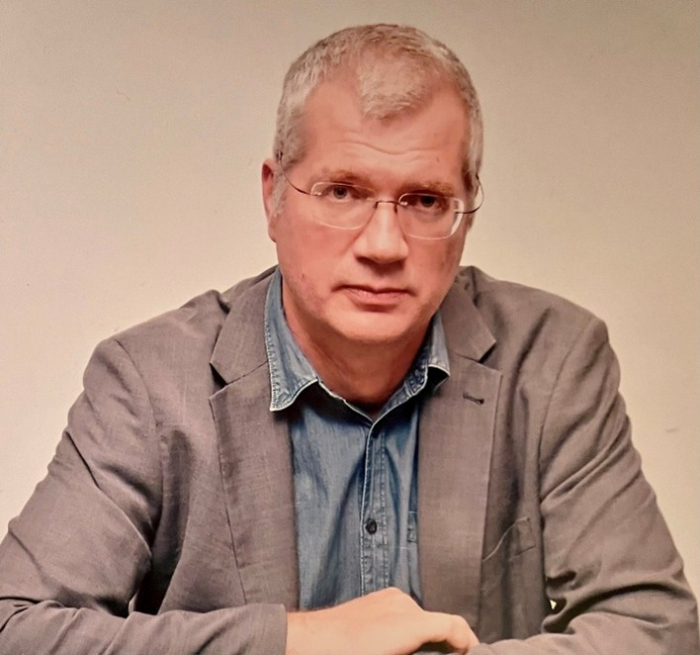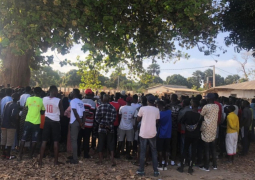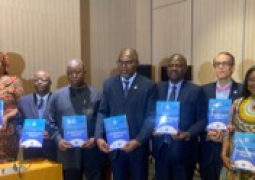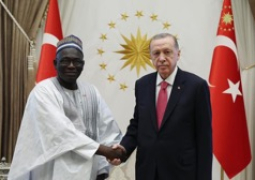
To formalise this renewed collaboration, a Memorandum of Understanding (MoU) between UN-Habitat and the Government of The Gambia, represented by the Ministry of Lands, Regional Government and Religious Affairs (MoLRG&RA), was finalised. The MoU outlines a joint commitment to advance the development and implementation of policies, strategies, and programmes focusing primarily on urban development, housing and spatial planning.
A key milestone— forming the first phase diagnostic in implementing the MoU— was the Matrix of Functions (MoF) and KOBO Toolbox Training Workshop, jointly organised by UN-Habitat and the Ministry of Lands, Regional Government and Religious Affairs from June–July 2025. The workshop trained 17 government officials from all six administrative regions in applying analytical tools to assess the spatial distribution of urban functions, basic services, and amenities across The Gambia.
This exercise resulted in the first-ever systematic collection and spatial analysis of functional data for the country — a groundbreaking effort that has generated new spatial knowledge critical for national policy formulation. The results revealed the uneven distribution of services and infrastructure, highlighting both areas of concentration and severe service gaps, particularly between urban and rural regions. Moreover, the analysis unveiled the cross-border functional dependencies between Southern Senegal and The Gambia, demonstrating that effective planning in one country cannot be fully achieved without understanding the dynamics of the other.
The findings were validated through a Participant Validation Workshop and National Technical Consultation from September-October 2025, engaging regional and national stakeholders to ensure accuracy, institutional ownership, and alignment with national priorities.
The knowledge gathered from the functional analysis now forms the foundation for The Gambia’s first-ever Spatial Development Framework (SDF) — a strategic national planning instrument to guide future development decisions and enable policymakers to identify priority investment areas, address spatial inequalities, and advance regional integration with Senegal and other Sahelian countries.
This phase of the project will culminate in a High-Level Launch event, scheduled to take place at The Prime Atlantic Hotel, Banjul, on 5 November 2025, jointly facilitated by UN-Habitat and the Ministry of Lands, Regional Government and Religious Affairs. The event will be attended by Mr. Mathias Spaliviero, Head of UN-Habitat’s West Africa Sub-Regional Hub, who will join the wider supporting team and collaboration partners to present the project results and discuss future directions for continued cooperation. This occasion will also be graced by the Honourable Hamat N.K. Bah, minister, who will deliver the opening remarks and officially launch this important milestone in The Gambia’s urban development journey.
Ultimately, this project has not only introduced new spatial planning tools and data-driven methods to The Gambia, but has also fostered a culture of evidence-based policy making, ensuring that future development is informed, equitable, and sustainable for all Gambians.





